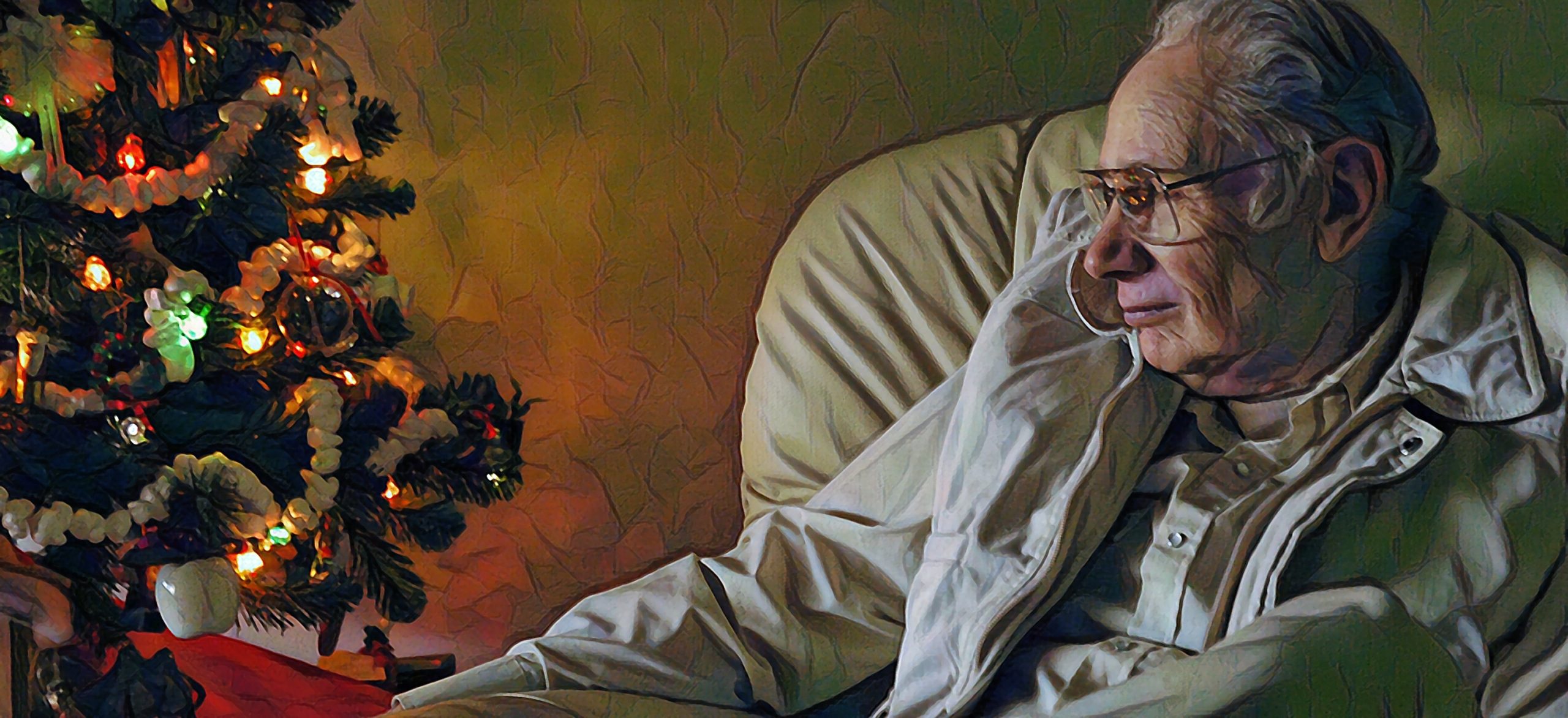I often read posts on the Alliance of Hope Forum from survivors who express anxiety – and even dread – about approaching holidays. Holidays, which are normally marked by happy family gatherings and rituals, can be harsh reminders that things have changed and a loved one is not there to celebrate this year.
This morning I noticed that several members were expressing their concern about upcoming holidays. Here is a little bit of what they wrote:
“Not to be the grinch, but I dread the holidays, most especially Christmas. Coming together as a family is just different now, and I have little tolerance for stress during the holidays. Our family has a big, gaping hole since his passing. Other people take the presence of their loved ones for granted and worry about things that just do not matter. I wish I had the willpower to just decline to participate. I just want to skip some of those big days. I get so angry hearing people complain and take for granted what they have.” ~Lemon
“Sigh, no words, I just so understand. I’m not looking forward to the next few months. I wish I could hibernate for the winter (or maybe forever.)” ~SadMom78
“Yes, there is definitely a ping to the heart. Well, no – a breaking ball of sadness for the holidays for myself as well. Not through the whole season any longer, but it still stings. Life without someone who passes from suicide is still an “Are you kidding me moment.” I know it is a disease but the complication and mystery of it still hurt. In my world, the holidays bring pain for all my relatives that have passed but more so for my beloved son.” ~Always4Hope
Reading further, I saw that other members, further out in their grief, responded with empathy and hope:
“Holidays can definitely increase the awareness of the void of our loved ones. I’ve found it to be somewhat of a mixed bag through the years. Do what feels right for you.” ~Turtle
“Socializing becomes very difficult in traumatic grief. Add the holidays and all they are supposed to represent, and all the memories, and it is like the worst kind of event for us. If these types of gatherings are difficult for you, I suggest you let a few people know how tough this is for you. Maybe they can help you take your leave if the time comes that it is too difficult. I totally understand not wanting to try to put on a fake face and act like you are having a carefree day when you are still struggling with your grief. Wishing you strength as we enter this season that is so difficult for so many of us.” ~Merm
I can relate to what those forum members were discussing. I recall feeling profoundly out of step with the rest of the world during the first holidays after my stepson died, in 1995. In Chicago, stores were filled with decorations. Houses and trees were adorned with lights. The agency I worked for was holding a festive party. Yet I felt nothing other than a tremendous emptiness – a sense that there was a sheet of glass between me and the rest of the world.
Because the year-end holidays are so impossible to ignore, I encourage you to take some time to plan. You do not have to do things in the way you have done them before. It is OK to change things up – or to do nothing at all. Above all, do what feels right for you the in the moment, in the circumstances. Planning a bit, to whatever extent you can, is usually helpful.
Here are several suggestions commonly distributed at support groups. They may help you feel more in control of holiday challenges:
Openly discuss past traditions. Talk things over with family and friends and make changes according to the wishes of those who are hurting most.
Create a special tribute for the day. Light a candle, gather some special remembrances or develop something to mark the memory of your loved one that is helpful and meaningful for you. Be creative. Be unique. Be yourself.
Plan in advance where to spend the holidays. It is hard to escape the holiday atmosphere. Rather, try to face the pain at a place or home of someone who will understand and provide nurturance. If being at home is more appropriate, stay at home. You may be surprised to find that your anticipatory fear of the holidays is worse than the holiday itself.
Balance solitude with sociability. Being alone can help renew our strength, but being with the right friends and family can also be supportive. Try to attend holiday events and enjoy them if you can. Having an enjoyable time is not a betrayal of your loved one, nor is it a denial of your grief and loss.
Relive pleasant memories. Trying to pretend that nothing has happened or changed is not only burdensome but nearly impossible. Try to recall happy holiday memories and rituals. Celebrate them. Change them. Make new memories flow from the old memories. In doing this, you may end up with the best of the old and the energy of the new.
Set aside some “letting go” time. Set aside some time for crying, for writing down your thoughts and feelings, or for talking to your loved one.
Counter the conspiracy of silence: It is not unusual for family and friends to be afraid to talk about the loved one, for fear of causing hurt or pain. You can take the initiative by talking about your loved one. This will alert others to the fact that it is okay to share, talk, cry, and remember.
As the holidays approach, I urge you to go within and honor your feelings.
Seek the wisdom of your higher self. There is no right or wrong. Think about what you want to do – what is meaningful for you – and trust your instincts.
During that first holiday, 27 years ago, I felt such deep despair I could not envision a future of anything but loneliness and pain. With the help of others, I survived and eventually began to thrive. It was a journey of many years, but during that time, I grew stronger. I believe you will too. I grew wiser. I believe you will too. I chose to live, and then live in a way that makes a difference. I believe you will too.
Be sure to check out our website if you are looking for additional articles and holiday tips, and please know that others understand, and will be there for you on the Alliance of Hope Forum. You are not alone. As always, my thoughts and prayers are with each and every member of the Alliance of Hope community.
Ronnie




